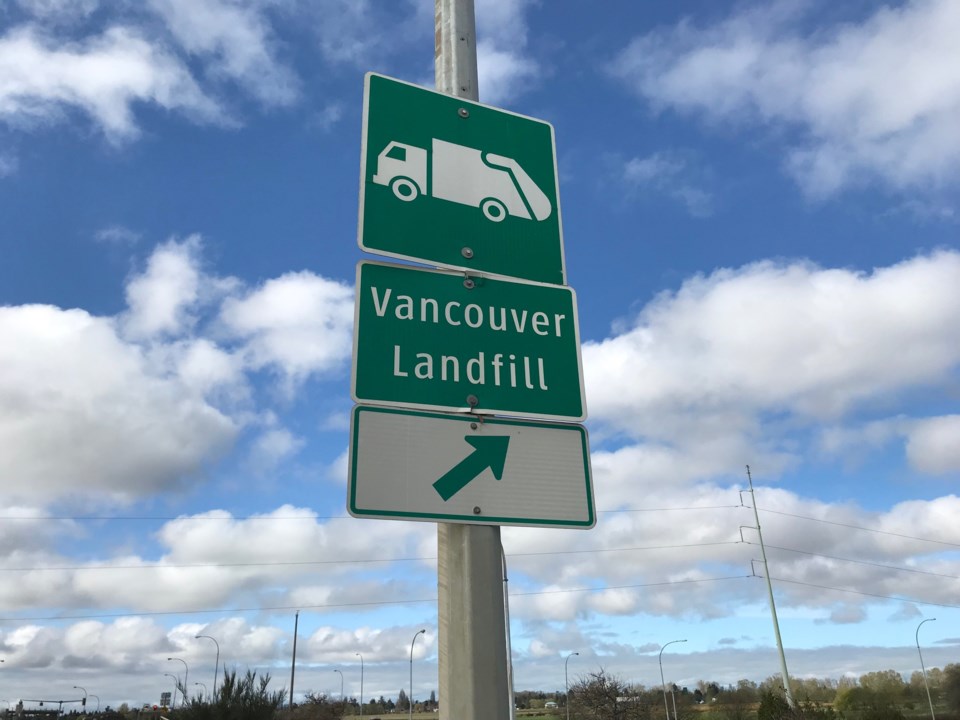Quadrogen Power Systems has recently completed the installation of its biomethane generation project, utilizing landfill gas from the Vancouver Landfill.
The technology is also known as Renewable Natural Gas, or RNG
FortisBC has received approval from the B.C. Utilities Commission to purchase up to 60,000 gigajoules annually of the produced RNG for injection into its natural gas infrastructure, enough energy to meet the needs of approximately 700 residential homes in the province, according to a news release.
“The successful commissioning of Quadrogen’s biomethane project to process landfill gas from municipal waste into RNG, meeting FortisBC pipeline specifications, is a significant milestone. It demonstrates the integrity and commitment of our team, project partners and sponsors in delivering world-class, high performance gas clean-up and upgrading solutions,” said Alakh Prasad, president and CEO of Quadrogen.
FortisBC will transport the RNG from the project site in Delta by tanker truck, creating a “virtual pipeline” to test the logistics of moving renewable gas by truck.
FortisBC will also be partnering with an independent transport company, Certaurus, who will transport the RNG around 17 kilometres from the Delta project site to an existing FortisBC natural gas pressure regulation station in Richmond.
Injecting RNG at the pressure regulation station eliminates the need to install any new permanent infrastructure.
“This is an exciting opportunity to pilot a commercial transportation application for RNG,” said Doug Stout, vice-president of Market Development with FortisBC.
“This paves the way to deliver this carbon neutral energy to or from any area of the province that is not currently accessible through existing natural gas infrastructure.”
Increasing RNG supply is pivotal in reaching FortisBC’s 30BY30 target, an ambitious goal to reduce its customers’ greenhouse gas emissions by 30 per cent by 2030.
By 2030, FortisBC hopes to have 15 per cent of its total natural gas supply produced from renewable sources.
“Transitioning to a future where energy is derived from carbon-neutral sources will require foresight and creativity,” said Mélanie Joly, Minister of Economic Development and Official Languages, and Minister responsible for Western Economic Diversification Canada.
“Projects like this are prime examples of the benefits of companies like Quadrogen collaborating with government to deliver promising new technologies.”
The Natural Gas Innovation Fund invested $265,532 towards Quadrogen’s project.



